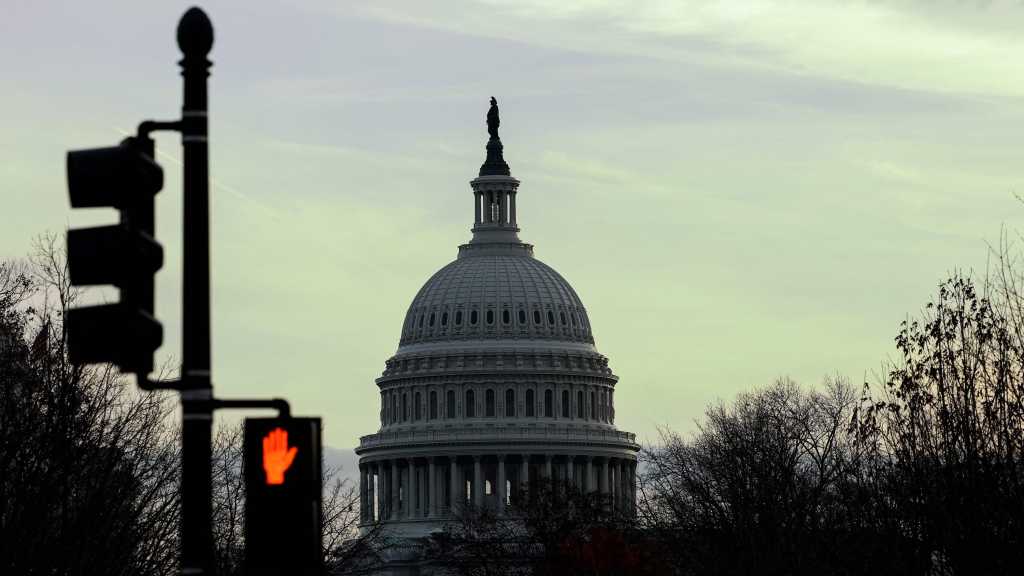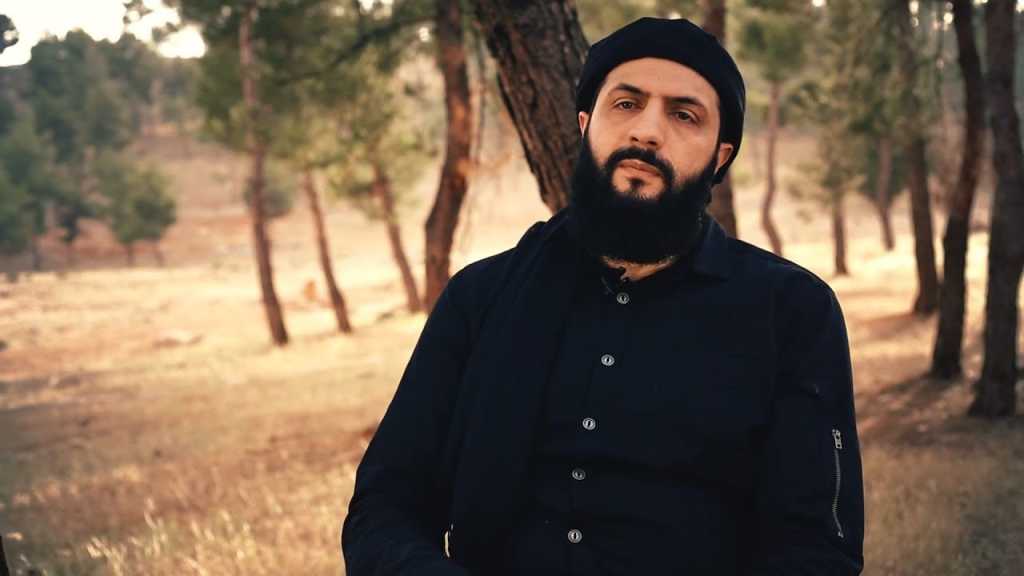
Anti-Islam Sentiments Rising in Europe

Source: Alalam.ir, 13-9-2008
LONDON, Sept 13--The growing anti-Islam trend in Europe is causing serious concern among Muslim intellectuals and the officials in the Islamic states.
The results of a new survey show that, since 2000, two thirds of newspaper stories in Britain portray British Muslims as "a threat" or "problem".
The forty-page survey, entitled Images of Islam in Britain, indicated that the British press are increasingly using negative and stereotypical imagery in their reports about Muslims.
The authors of the report, the Cardiff School of Journalism, Media and Cultural Studies, found that everyday coverage of British Muslims has increased significantly year on year, and by 2006 had reached a level twelve times higher than that of 2000.
The survey also found that Muslims in Britain have been increasingly dealt with negatively in the course of recent years.
"The main stories on British Muslims have either been terrorism or the war on terror," the report said.
The survey found that eleven percent of all stories focused on Muslim extremism, while in stark contrast, only 5 percent covered "attacks on or the problems created for British Muslims".
The notion of Islamophobia was also said to have "scarcely featured as a news topic" in 2001 and 2005.
The perception of Islam as a threat was further enhanced by the choice of descriptive language in the articles surveyed.
The most common nouns used in describing Islam or Muslims were "terrorist" or "extremist" whilst the most widely used adjectives included "fanatical", "fundamentalist", "radical" and "militant".
The survey also showed that "references to radical Muslims outnumber references to moderate Muslims by 17 to one" in Britain and those references were consistently used by both broadsheet and tabloid newspapers.
In a related development, a nationalist German group said Friday it had invited leading members of the European right to take part in an "anti-slamification" conference against the planned construction of a large mosque.
French far-right firebrand Jean-Marie Le Pen, leader of the anti-immigration National Front party, Filip Dewinter, leader of Belgium's nationalist Flemish Interest party and Christian Strache, leader of Austria's right-wing Freedom Party are all expected to attend next week's conference, said Markus Beisicht, head of the Pro-Cologne nationalist movement.
Beisicht said he expected 1,500 people to turn out for the group's demonstration on Sept. 20 against the city's decision to allow construction of a new, domed mosque in the city's heavily immigrant Ehrenfeld district.
Leftist groups are organizing counter-protests, including a week-long blockade of Cologne's historic downtown square, which fans out from the city's massive Roman Catholic Cathedral.
News of the nationalist conference, officially called "No to Islamification" has provoked anger in Islamic countries.
Last week the Iranian Foreign Ministry urged France as the current European Union president to block the gathering and complained that it reflects a "growth of anti-Islamic sentiments in Europe".
Extremist leaders say that such a large mosque has no place in traditionally Roman Catholic Cologne.
Besides protesting the mosque, Beisicht said the conference is aimed at strengthening pan-European sentiments among rightist and populist movements across the continent with an eye toward forming a "serious European right-wing party".
LONDON, Sept 13--The growing anti-Islam trend in Europe is causing serious concern among Muslim intellectuals and the officials in the Islamic states.
The results of a new survey show that, since 2000, two thirds of newspaper stories in Britain portray British Muslims as "a threat" or "problem".
The forty-page survey, entitled Images of Islam in Britain, indicated that the British press are increasingly using negative and stereotypical imagery in their reports about Muslims.
The authors of the report, the Cardiff School of Journalism, Media and Cultural Studies, found that everyday coverage of British Muslims has increased significantly year on year, and by 2006 had reached a level twelve times higher than that of 2000.
The survey also found that Muslims in Britain have been increasingly dealt with negatively in the course of recent years.
"The main stories on British Muslims have either been terrorism or the war on terror," the report said.
The survey found that eleven percent of all stories focused on Muslim extremism, while in stark contrast, only 5 percent covered "attacks on or the problems created for British Muslims".
The notion of Islamophobia was also said to have "scarcely featured as a news topic" in 2001 and 2005.
The perception of Islam as a threat was further enhanced by the choice of descriptive language in the articles surveyed.
The most common nouns used in describing Islam or Muslims were "terrorist" or "extremist" whilst the most widely used adjectives included "fanatical", "fundamentalist", "radical" and "militant".
The survey also showed that "references to radical Muslims outnumber references to moderate Muslims by 17 to one" in Britain and those references were consistently used by both broadsheet and tabloid newspapers.
In a related development, a nationalist German group said Friday it had invited leading members of the European right to take part in an "anti-slamification" conference against the planned construction of a large mosque.
French far-right firebrand Jean-Marie Le Pen, leader of the anti-immigration National Front party, Filip Dewinter, leader of Belgium's nationalist Flemish Interest party and Christian Strache, leader of Austria's right-wing Freedom Party are all expected to attend next week's conference, said Markus Beisicht, head of the Pro-Cologne nationalist movement.
Beisicht said he expected 1,500 people to turn out for the group's demonstration on Sept. 20 against the city's decision to allow construction of a new, domed mosque in the city's heavily immigrant Ehrenfeld district.
Leftist groups are organizing counter-protests, including a week-long blockade of Cologne's historic downtown square, which fans out from the city's massive Roman Catholic Cathedral.
News of the nationalist conference, officially called "No to Islamification" has provoked anger in Islamic countries.
Last week the Iranian Foreign Ministry urged France as the current European Union president to block the gathering and complained that it reflects a "growth of anti-Islamic sentiments in Europe".
Extremist leaders say that such a large mosque has no place in traditionally Roman Catholic Cologne.
Besides protesting the mosque, Beisicht said the conference is aimed at strengthening pan-European sentiments among rightist and populist movements across the continent with an eye toward forming a "serious European right-wing party".



